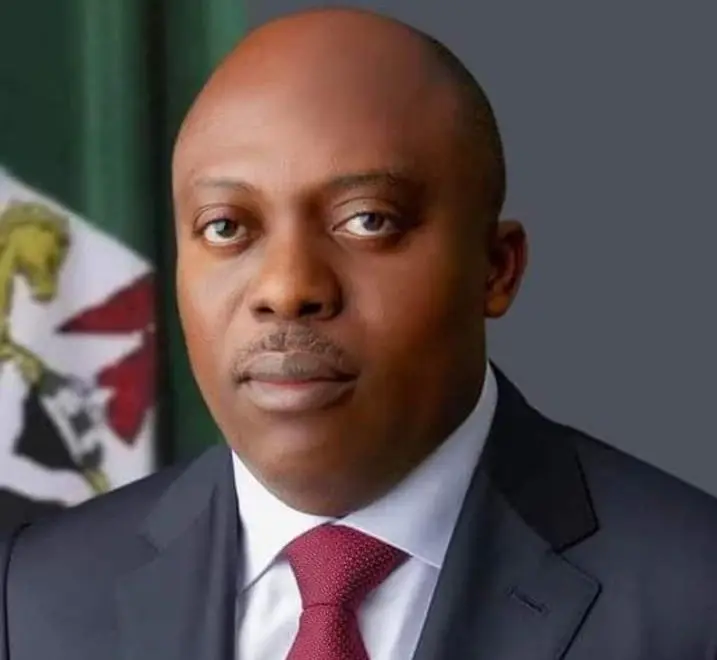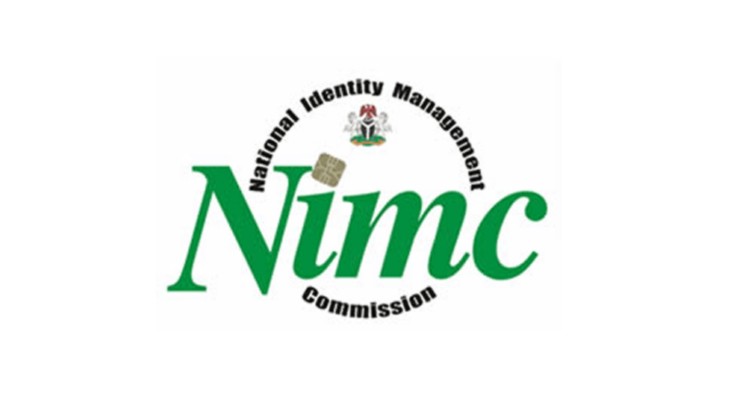CBN denies currency redenomination as C’ttee assures of Naira stability by Dec
The Central Bank of Nigeria (CBN) has disclosed that it has no plan to redenominate the Nigerian currency, the Naira.
CBN Director, Corporate Communications, Isa AbdulMumin, who said this in Abuja yesterday, urged Nigerians to discountenance a text message going around alleging plans to introduce new currency into circulation.
He said: “The attention of the Central Bank of Nigeria (CBN) has been drawn to the wide circulation of a text message suggesting that the Bank plans to redenominate the country’s legal tender, the Naira, with effect from January 2024.
“We are concerned that this narrative, which we had refuted before now, appears to be gaining traction with several debates on the implication of such a policy for the Nigerian economy.”
The CBN stressed that the said text message is aimed at fostering confusion within the polity.
“We wish to reiterate that the contents of the message are misleading. The authors of the message, in their mischief, modified text eked from an old policy move by a previous CBN Governor in 2007 to make it appear recent.
“For the avoidance of doubt, there is currently no plan by the Bank to restructure and re-denominate the naira. Whilst the Bank may be considering reforms, such are subject to laid down procedures in line with the provisions of the CBN Act, 2007,” AbdulMumin stated.
The bank urged the public to ignore the news report, as it is speculative and calculated to cause panic in the polity.
MEANWHILE, checks showed that the Naira exchanged for N1, 162 to one United States dollar at the unofficial market yesterday.
Also, N1, 417 exchanged for one British Pound, while the Euro was exchanged for N1, 211 and one Canadian dollar (CAD) for N873.
In the meantime, Chairman of the Presidential Committee on Fiscal Policy and Tax Reforms, Taiwo Oyedele, has disclosed that the ongoing steps by the Federal Government aimed at stabilising the foreign exchange market result in Naira finding its true value before the end of the year.
He said the Federal Government may descend on illicit currency speculators to achieve what he termed ‘fair price’ before the end of the year.
Speaking with Bloomberg, Oyedele said: “The government sees a fair price for the dollar at N650 to N750.”
Oyedele explained that the government would set transparent rules for the operations of the official market after clearing a backlog of dollar demand estimated at $6.7 billion.
He added: “The Federal Government plans to introduce new foreign exchange rules, the federal government plans to introduce new foreign exchange rules, including a crackdown on illicit currency trading.”
Relatedly, in his reaction to the steps the government is taking so far, the Chief Executive Officer of the Centre for the Promotion of Private Enterprise (CPPE), Dr. Muda Yusuf, who admitted that the measures will significantly improve forex supply, cautioned that the deals are stop-gap measures that could put the country into more trouble if nothing is done to ensure a more sustainable supply of forex to the market.
Yusuf explained: “These measures are going to be significantly effective because they will be able to substantially deal with the problem of the backlog of FX, which is a major source of the confidence crisis. That will help us to ease the problem of lack of confidence in the system.” He said, “If you have better confidence the inflows will be better because right now, we are battling with the problem of paucity of inflows from Foreign Direct Investors (FDI) and Foreign Portfolio Investors (FPI), not much is coming in from all these areas because of the confidence problem. So, if the confidence improves because of the clearing of the backlog, not just backlog, but using part of it to intervene in the market.
“But more important is to see how we can get sustainable supply because this one is a stop-gap, you know it is taking money upfront, like an overdraft, if you do not quickly prepare to replenish it, then you will be postponing the evil day.”
Yusuf submitted that Nigeria needs to look at the fundamentals of supply and the fundamentals of its import substitution strategy.








